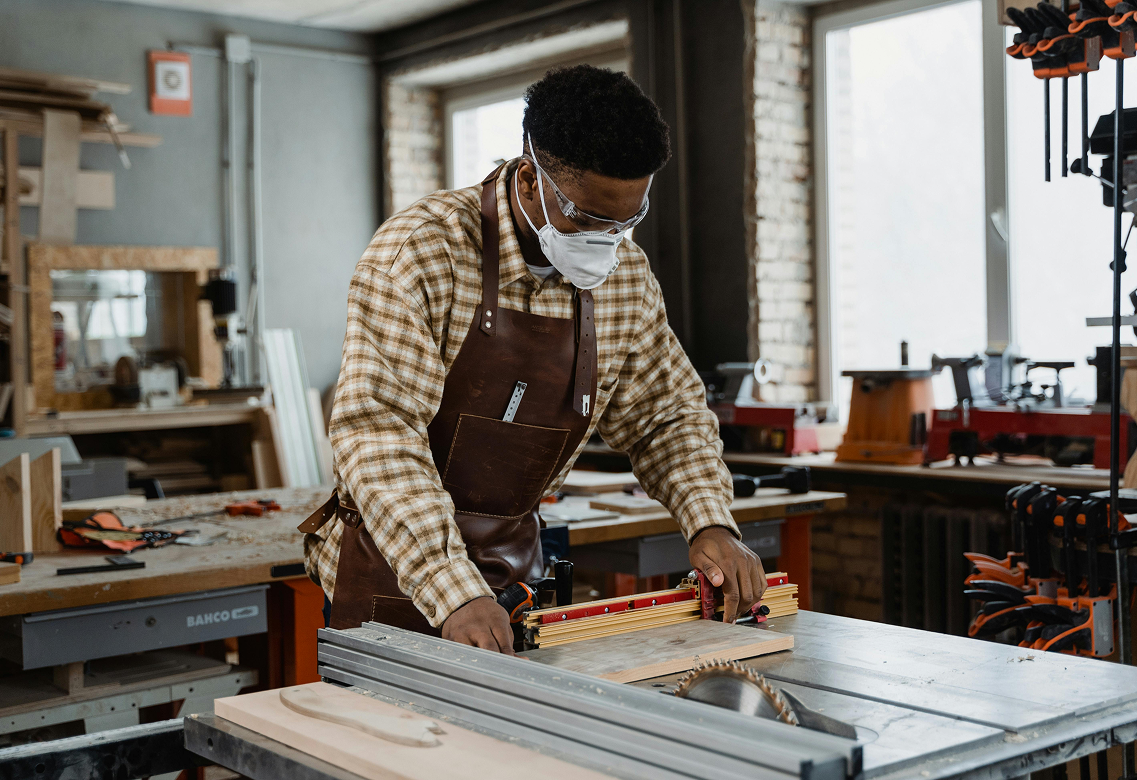
While artificial intelligence is reshaping industries around the world, one group of professionals is proving remarkably resilient: skilled tradespeople. Electricians, mechanics, welders, plumbers, and HVAC technicians—these are the hands-on experts keeping our infrastructure running. While AI may streamline some processes, it can’t replace the dexterity, problem-solving, and physical adaptability that define skilled trades.
Unlike other professions, skilled trades require physical presence and manual skill. Fixing a furnace, rewiring a building, or repairing a truck engine isn’t something that can be done through a screen or by automation. These tasks demand a combination of strength, experience, and intuition—qualities AI simply can’t replicate.
That doesn’t mean trades are untouched by technology. Instead, tradespeople are using AI tools to augment their work, not replace it. Predictive maintenance software, digital diagnostics, and smart sensors are helping workers identify issues faster, work more efficiently, and reduce downtime.
AI is becoming a powerful partner for trades. For instance:
These technologies don’t eliminate the need for skilled workers—they enhance their productivity and effectiveness. AI provides the data; humans still provide the craftsmanship.
AI can’t replicate the decision-making, adaptability, and customer connection that trades rely on daily. When a homeowner needs an emergency repair or a factory line shuts down unexpectedly, it’s a skilled professional who shows up to solve the problem—often in unpredictable conditions that require quick thinking and creativity.
Tradespeople also bring a level of trust and personal interaction that AI lacks. Communication, professionalism, and reliability remain irreplaceable human traits in service-based industries.
Rather than fearing AI, the skilled trades are embracing it. The next generation of tradespeople will blend technical know-how with digital literacy—reading blueprints on tablets, running diagnostics through software, and managing workflows through connected systems.
This evolution will make the trades even more attractive to young professionals looking for stable, hands-on careers that also leverage cutting-edge technology.
AI isn’t the end of the skilled trades—it’s the next phase of their evolution. Automation may change how tradespeople work, but it won’t change why they’re essential. Buildings still need wiring, engines still need maintenance, and people still need expertise they can trust.
As AI transforms the world, skilled trades will remain the foundation that keeps it running—strong, adaptive, and always in demand.
Working with an agency like Skilled Trades can open doors to a vast network of job opportunities across multiple industries. Whether you’re a seasoned professional or just starting out, we can connect you with employers who value your skills, expertise, and craftsmanship. Let’s help you find your next great opportunity in a career that’s built to last.
